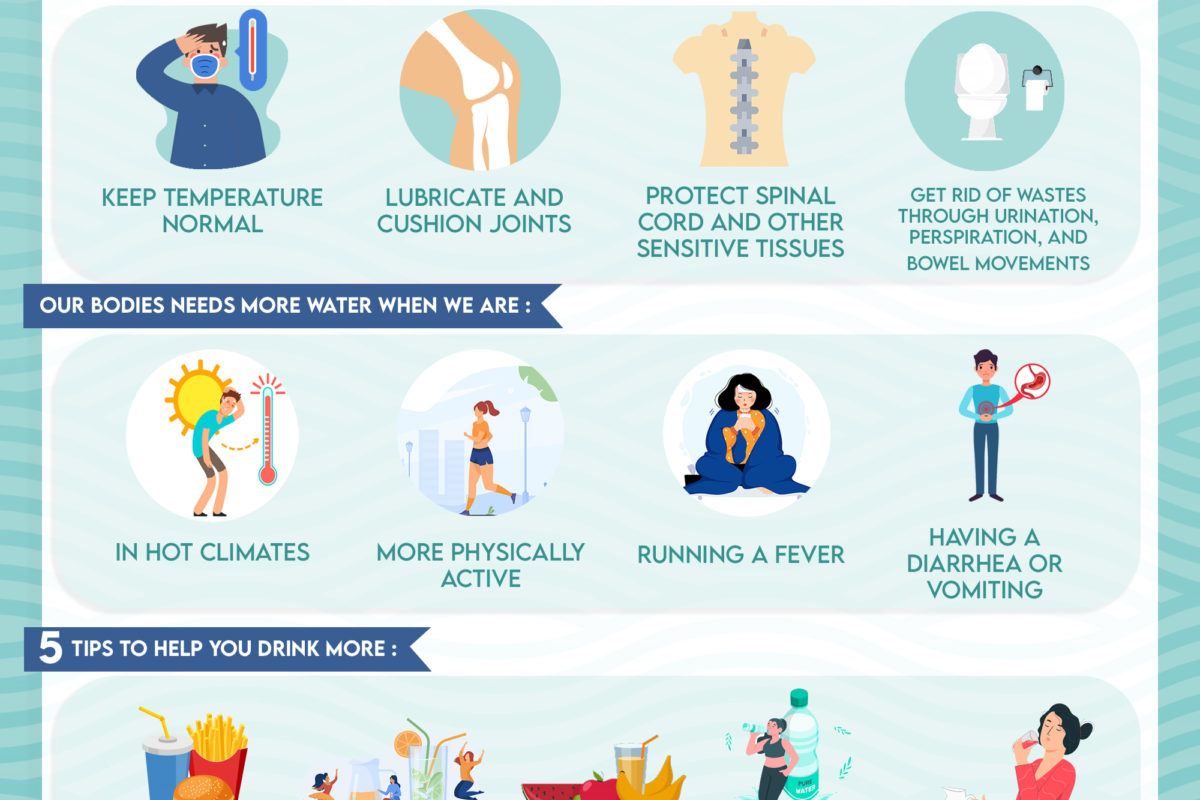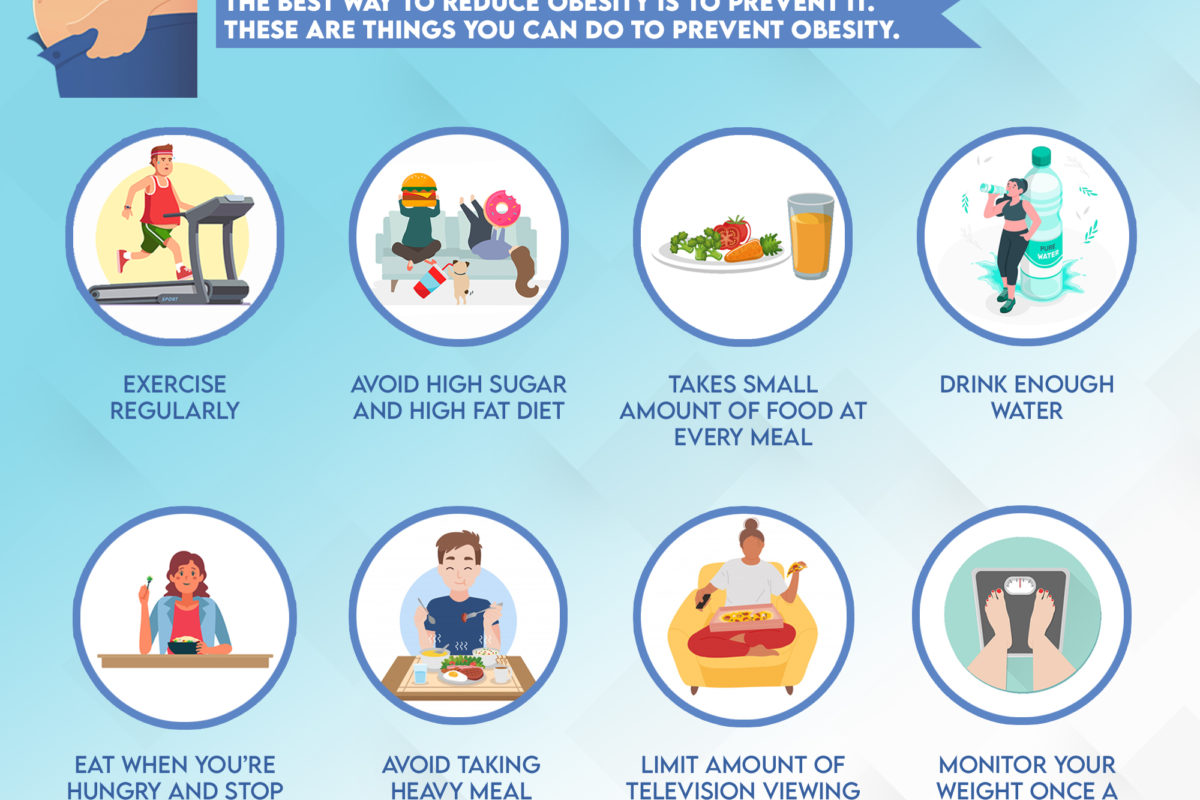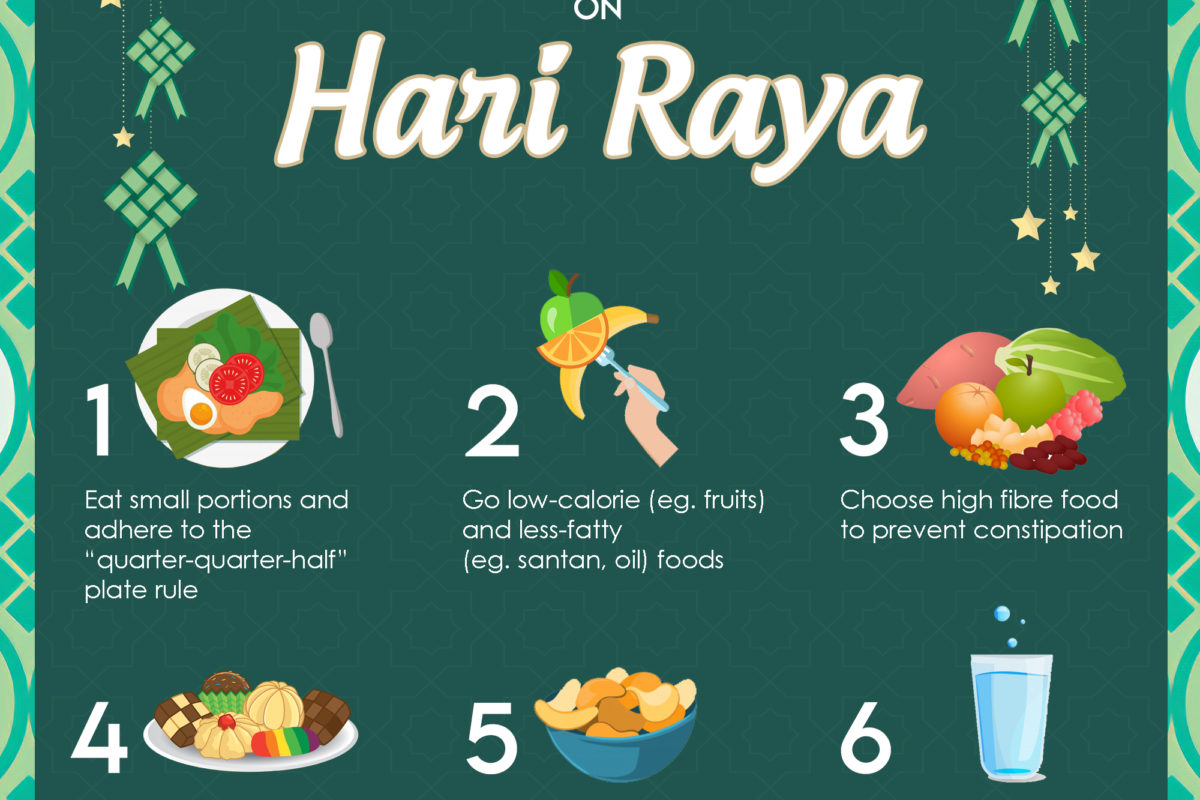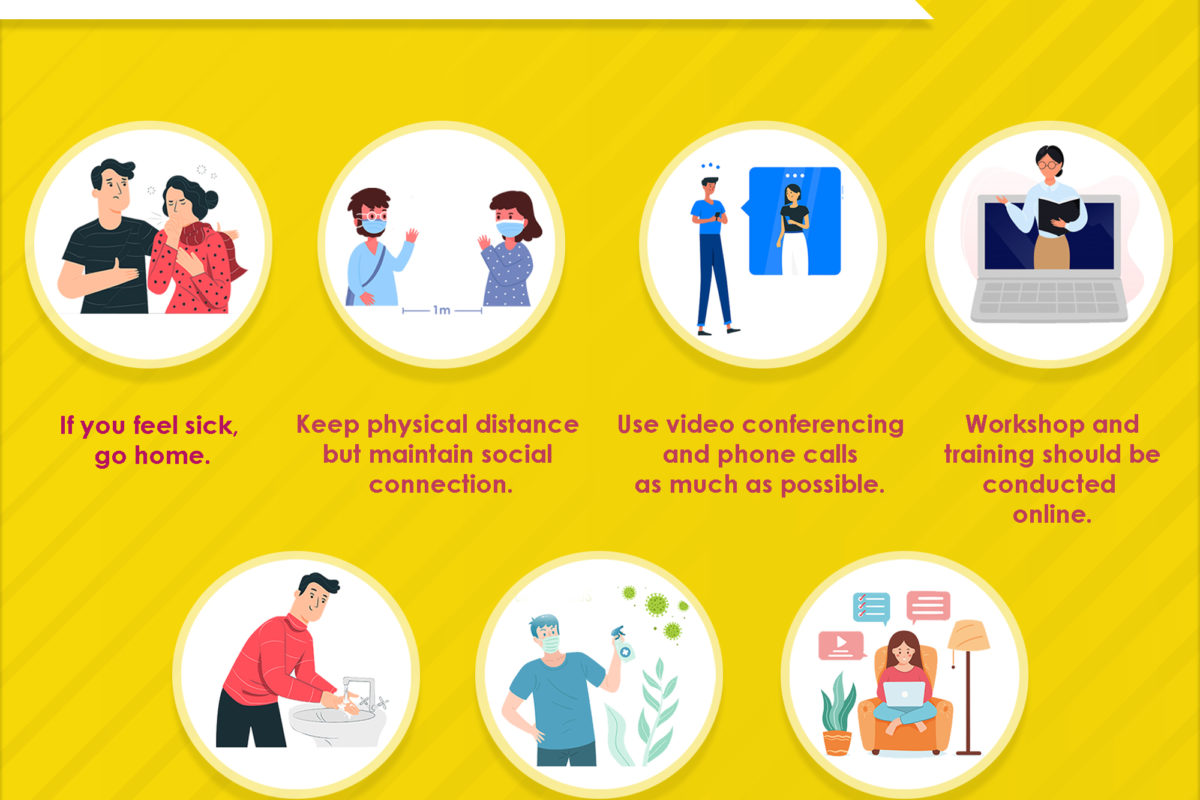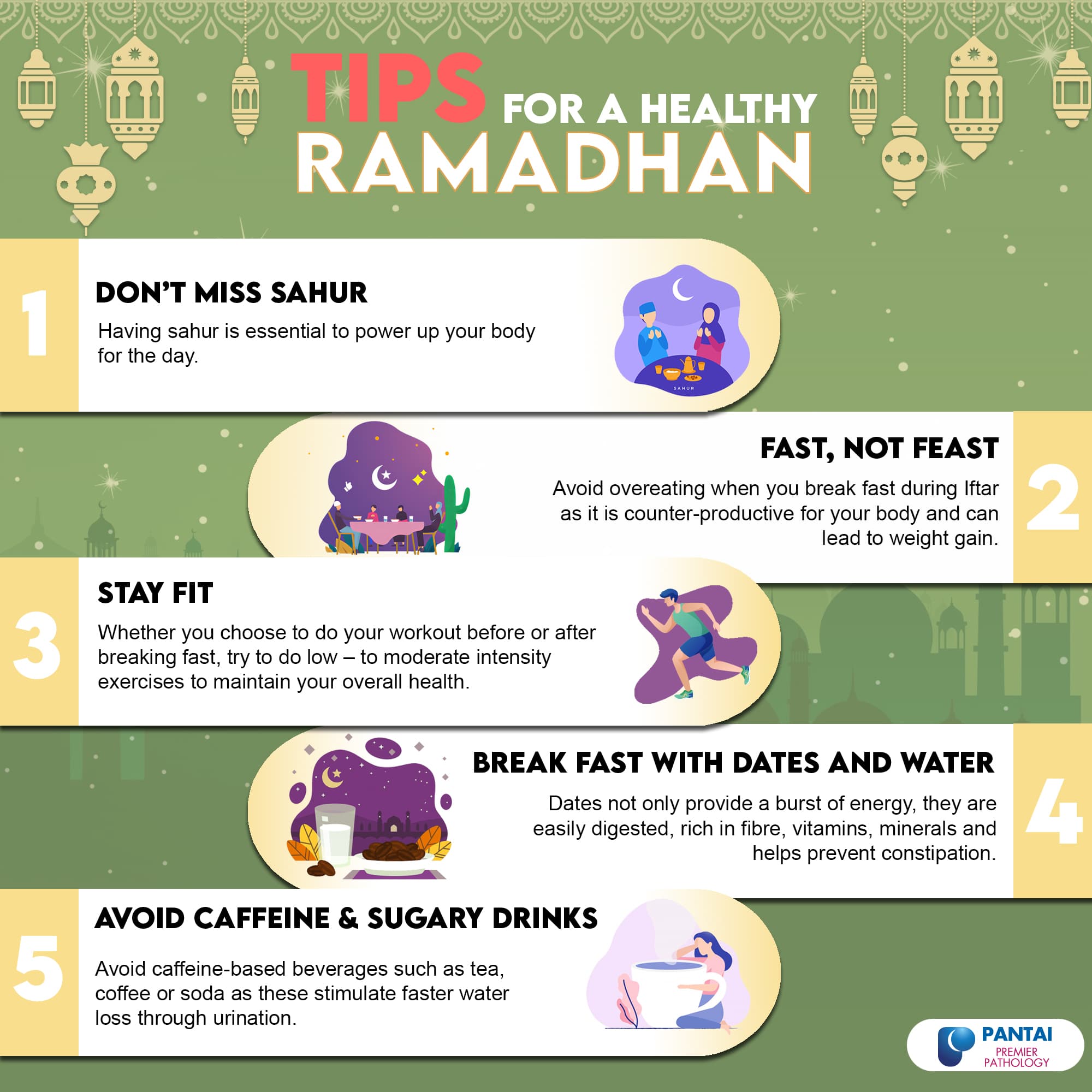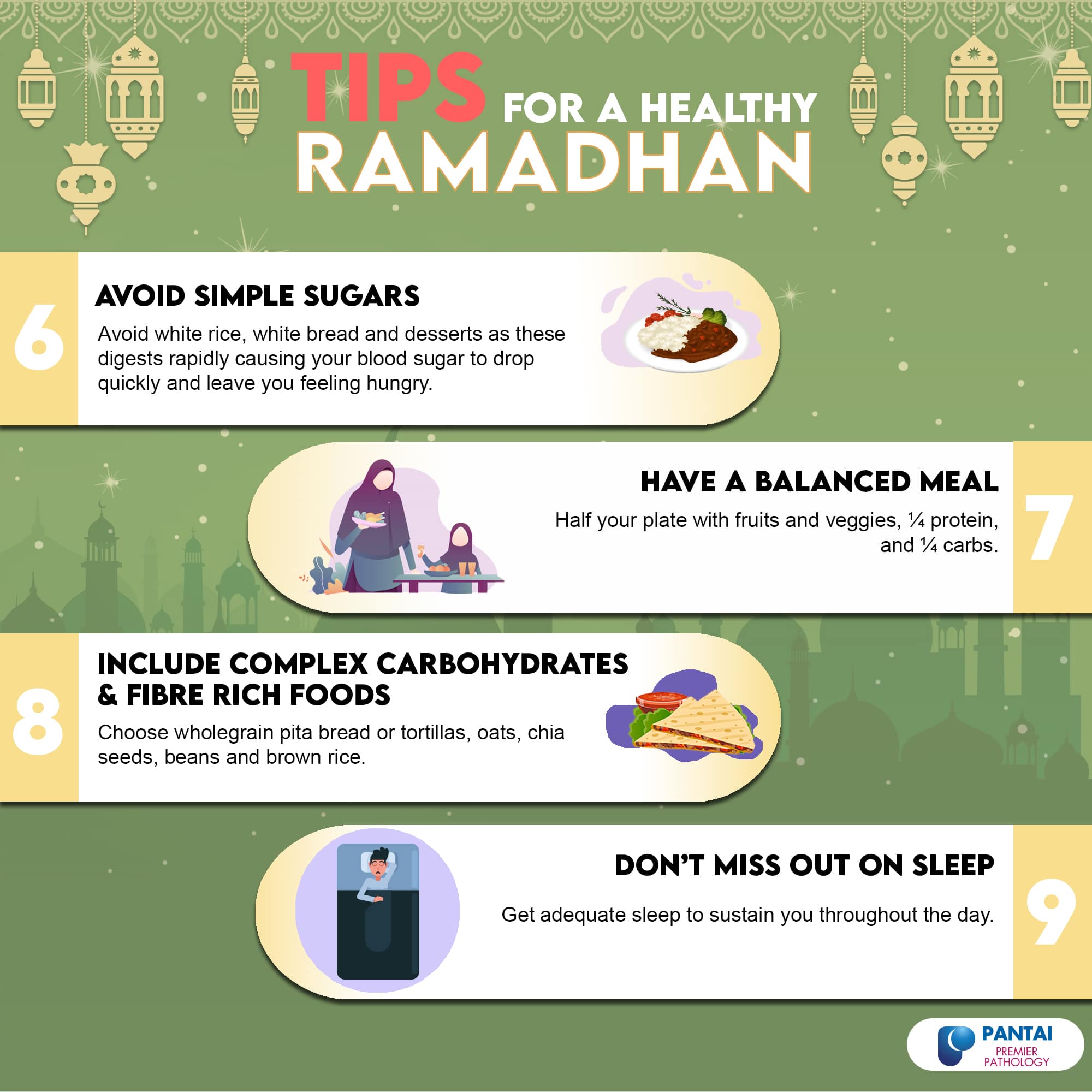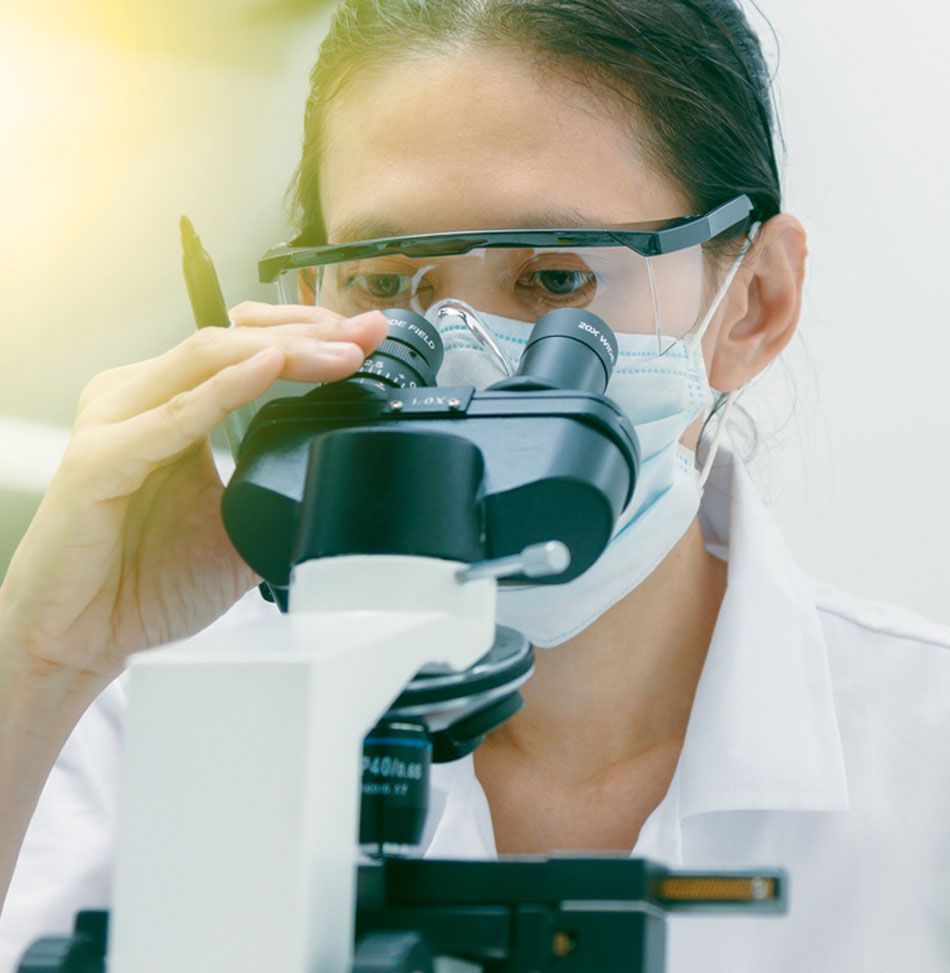Water is life
Water plays a significant role in our lives. All living things need water to survive. Apart from survival, water carries out many functions in our body such as maintaining normal body temperature, preserving tissues, spinal cords and joints by serving as cushions and lubricants, and facilitating waste expulsion through urine, sweat and bowel movement.
We need to increase our water consumption in order to regulate our daily water intake especially when we are in a hot climate, physically more active, down with a fever or having diarrhea and vomiting.
Here are 5 tips to help you drink more:
- Always carry a bottle of water with you in your car, at your desk or in your bag. This allows you to drink whenever you are feeling thirsty and keeps you hydrated at all times.
- Keep track & set a daily water intake goal. Aim to drink optimum amounts of water daily, between half an ounce of water for each pound you weigh.
- Replace other drinks with water. This will boost your health while reducing your calorie intake as other drinks such as sports drinks and sodas are often filled with added sugars which can be harmful to your health. Besides, replacing sugary drinks with water can potentially help you to lose weight.
- Increase intake of foods high in water. Some fruits and vegetables are high in water content such as celery, cabbage, lettuce, cucumber, watermelon and honeydew. Their high-water content will add to your hydration. In addition to high water content, these fruits and vegetables are rich in minerals, vitamins and antioxidants which can promote your overall health.
- Drink a glass of water once you wake up and before bed. This is an easy and effective way to increase your daily water intake and prevent dehydration.
Source: Centers for Disease Control and Prevention (CDC)

